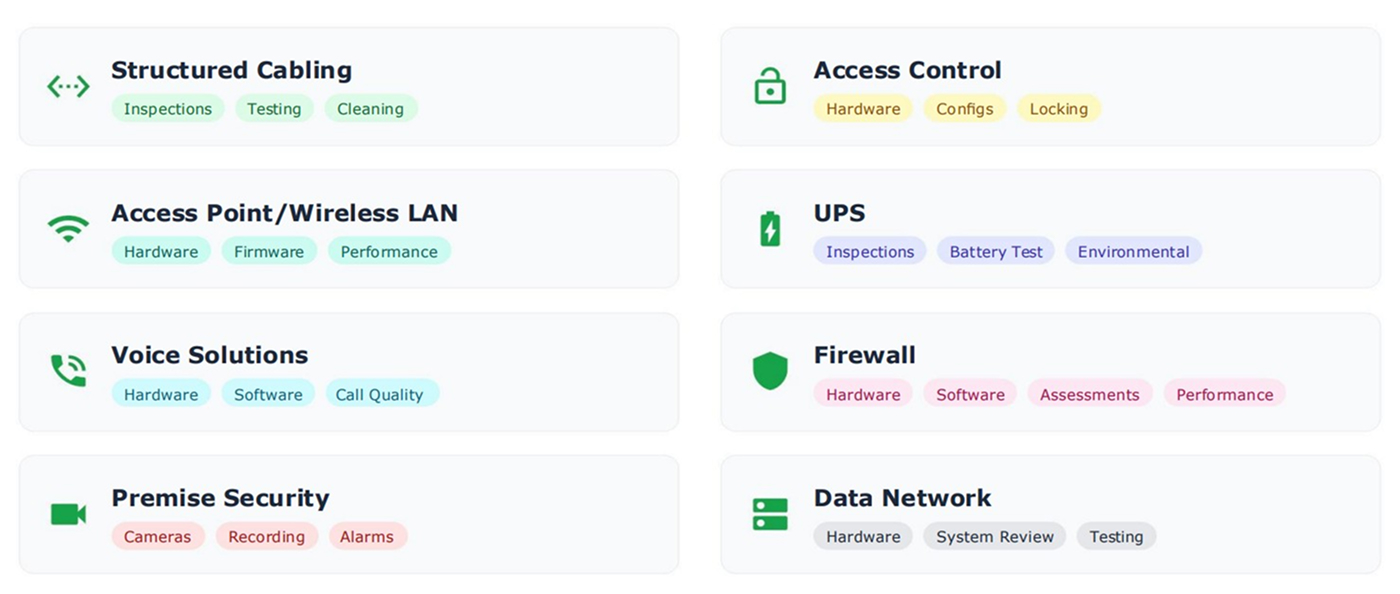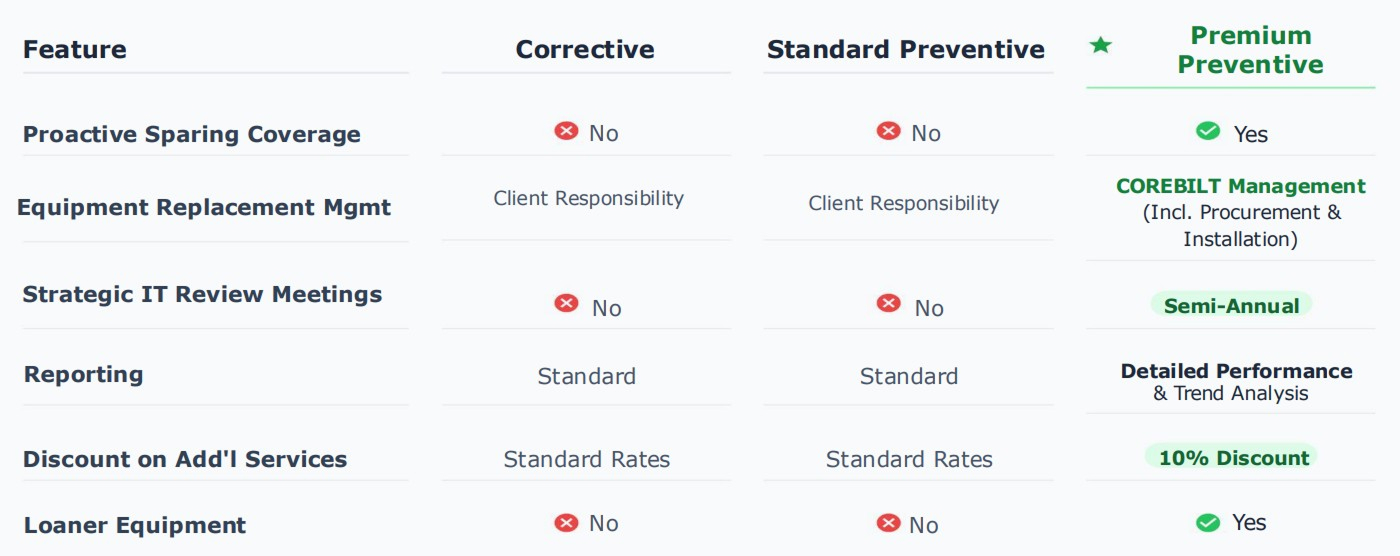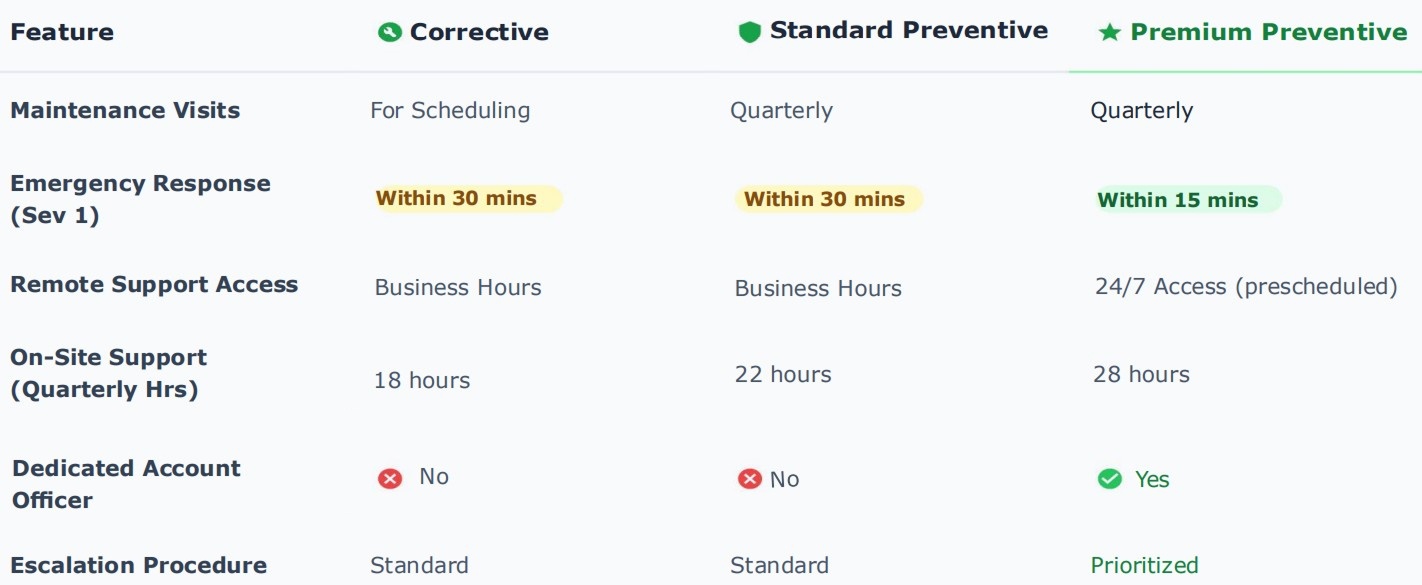Overview
- What does MEP mean in construction?
- How does MEP integration impact project efficiency?
- Why is early MEP coordination important?
- What are the benefits of Corebilt MEP services for clients?
- How does MEP integration improve long-term building performance?
When people ask about, “What does MEP mean in construction?” or “How does MEP integration help in faster project completion?” The answers point to the vital role of aligning Mechanical, Electrical, and Plumbing systems. These interconnected elements form the backbone of every building, and without proper coordination, costly delays and inefficiencies often arise. By focusing on early and MEP integration, Corebilt ensures that these critical systems function as one, eliminating conflicts and accelerating the entire construction workflow.
The focus is on the critical role of MEP in construction and how specialized Corebilt MEP services optimize system integration to streamline processes, reduce risks, and achieve timely project delivery.
What does MEP mean in construction?
The MEP meaning in construction refers to the combined design and implementation of mechanical, electrical, and plumbing systems. Each of these systems provides essential building functions: mechanical systems manage HVAC performance, electrical systems handle power distribution and lighting, and plumbing systems ensure reliable water supply and waste removal.
When these systems are developed separately, conflicts often arise that require redesigning and cause delays. Corebilt applies effective MEP construction practices to integrate these systems with architectural and structural components, minimizing risks and preventing disruptions to project schedules.
How does MEP integration impact project efficiency?
Construction schedules are often disrupted when mechanical, electrical, and plumbing systems are not aligned. Because these systems are interdependent, even small misalignments can create chain reactions that delay progress. Corebilt’s expertise in delivering coordinated MEP construction solutions ensures that system layouts complement one another, eliminating overlap and maintaining efficiency.
Clash detection is a frequent challenge where ductwork, electrical conduits, and plumbing lines compete for limited space. By leveraging advanced design tools and methodologies, Corebilt MEP services proactively address these conflicts before construction begins. This approach reduces costly rework, shortens timelines, and strengthens collaboration among project teams.
Why is early MEP coordination important?
Large-scale construction projects rely heavily on early system coordination to stay on schedule. At the design stage, Corebilt engages with architects, engineers, and contractors to integrate mechanical, electrical, and plumbing systems seamlessly into the building framework. This early coordination minimizes design changes, which are one of the most common causes of construction delays.
By adopting early planning, Corebilt delivers comprehensive MEP construction strategies that accelerate project progress, improve resource allocation, and maintain momentum throughout every phase of development.
What are the benefits of Corebilt MEP services for clients?
Clients gain significant advantages when partnering with Corebilt for specialized MEP services. The company provides more than technical installation, offering integrated planning, system coordination, and rigorous quality control, all of which contribute to timely and reliable outcomes.
Key benefits include:
- Reduced risk of project delays through early conflict resolution
- Cost efficiency by minimizing redesigns and change orders
- Stronger collaboration between different construction disciplines
- Optimized system performance that supports sustainability goals
- Through this approach, Corebilt ensures that MEP systems are executed with precision and aligned with client expectations for both performance and efficiency.
How does MEP integration improve long-term building performance?
Well-coordinated MEP systems influence a building’s long-term efficiency just as much as its initial construction timeline. Poorly integrated systems can lead to higher energy consumption, operational inefficiencies, and increased maintenance needs. Corebilt applies advanced MEP construction techniques to ensure systems are designed for long-term durability and sustainability.
This technical precision supports improved energy efficiency, reduced lifecycle costs, and enhanced comfort for occupants. By embedding durability into every aspect of its Corebilt MEP services, the company delivers projects that continue to perform at high standards long after completion.
Corebilt’s commitment to seamless MEP integration reflects its mission to deliver projects built with accuracy, efficiency, and lasting value. Through specialized expertise, advanced methodologies, and and collaborative execution, Corebilt stands as a trusted partner for construction projects requiring both technical excellence and timely delivery.
If you are looking for a partner who understands the full scope of MEP systems and can streamline your construction projects, connect with Corebilt today. Their team provides specialized MEP services designed to keep projects on schedule and deliver outstanding results. Contact Corebilt at bd@corebilt.ph to learn how they can support your next development.





